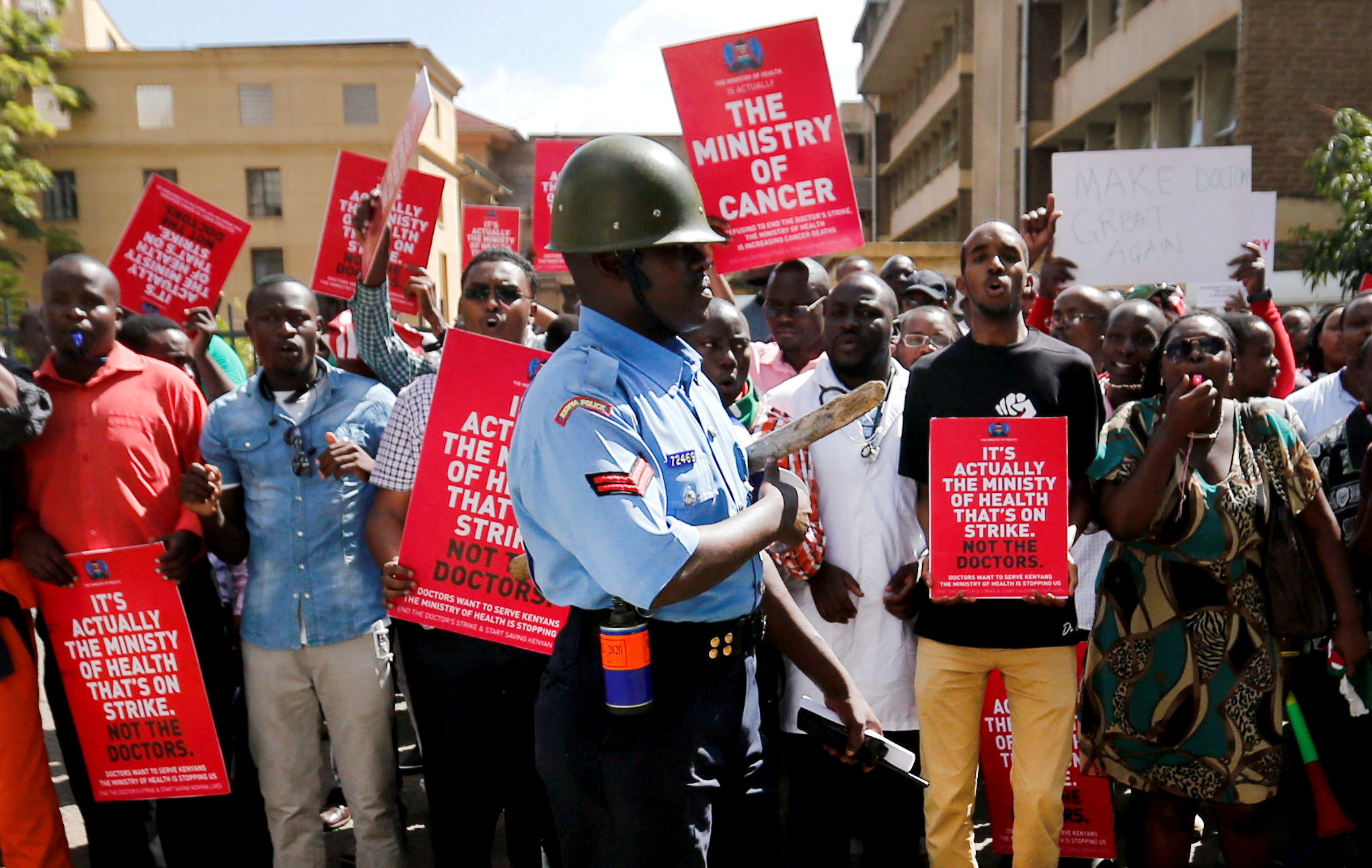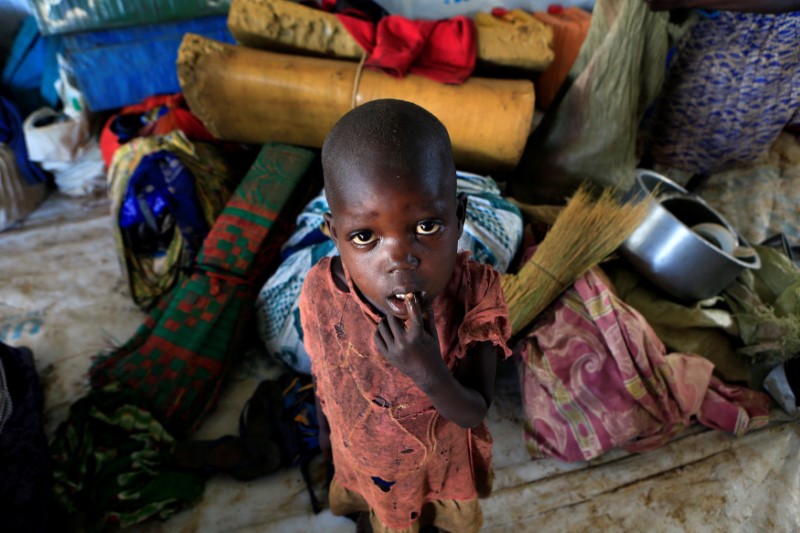
By Crispian Balmer
ROME (Reuters) – When U.S. President Donald Trump and other leaders of the world’s seven major industrialized nations gather in Sicily on Friday, they will enjoy a spectacular view of the Mediterranean Sea, but won’t get any glimpse of boats full of migrants.
A common sight off Sicily in recent years, the authorities have banned all migrant landings on the island during the Group of Seven Summit for security reasons, telling rescue vessels that pick them up at sea to take them to the mainland during the two-day meeting.
Out of sight does not mean out of mind. Italy chose to host the summit in Taormina, on the cliffs of eastern Sicily, to concentrate minds on Europe’s migrant crisis and to seek ways of developing Africa’s economy to hold back the human tide.
“Africa is very important for us. Indeed, it is perhaps the focus of our G7 presidency,” said Raffaele Trombetta, the senior Italian diplomat who has led behind-the-scenes negotiations on the G7 agenda with colleagues from the United States, Japan, Germany, Britain, France and Canada.
“We don’t just want to talk about crises, like migration and famine, but also to promote innovation in Africa and see what we can do to help,” he told Reuters.
But various other crises are bound to encroach on the meeting, starting with Monday’s suicide bombing in Manchester that killed at least 22 people and was allegedly carried out by a young British man of Libyan descent.
The six-year old Syrian conflict and North Korea’s nuclear ambitions are other hot-button issues. Potential disagreements over climate change and free trade might also overshadow the event in the chic resort town.
Trump will face concerted pressure to commit to the 2015 Paris Agreement to slash greenhouse gas emissions and to water down his protectionist trade tendencies.
Diplomats said there had been no agreement on these issues ahead of the gathering, meaning the leaders will seek to strike an accord amongst themselves. One diplomat from an EU country said the other G7 nations might issue a separate statement on climate change if Trump refused to endorse the Paris deal.
NEWCOMERS VS VETERANS
Trump will be one of four leaders making their first appearance at a G7, alongside newly elected French President Emmanuel Macron, British Prime Minister Theresa May and the host, Italian Prime Minister Paolo Gentiloni.
It will be a second G7 for Canadian Prime Minister Justin Trudeau, a 6th for Japanese Prime Minister Shinzo Abe and the 12th for German Chancellor Angela Merkel.
“There are so many new leaders here. It will provide an excellent opportunity for them to get to know each other and hopefully have a relaxed meeting,” said Trombetta.
One thing that will change from recent summits is that the final communique will be much more concise – down from more than 30 pages last year to fewer than 10 pages this time around.
“We hope that in this way more people actually read it,” an Italian diplomat joked.
Underscoring the importance of Africa, the leaders of Tunisia, Niger, Nigeria, Ethiopia and Kenya will join the discussions on Saturday morning.
Italy had hoped to use the occasion to unveil a multi-billion euro project promoting food security, but neither the United States nor Japan backed it, so the scheme has been scaled back, a diplomatic source said.
However, Italy is determined to encourage a plan to sponsor young African entrepreneurs, looking for ways to strengthen the continent’s economy and dissuade people from fleeing to Europe.
More than half a million migrants, mostly from sub-Saharan Africa, have reached Italy since 2014 as smugglers took advantage of the chaos in Libya to cram people onto unsafe boats for the dangerous crossing.
The Italian Interior Ministry said on Tuesday more than 50,000 migrants have come ashore so far this year, a record pace for arrivals and up 46 percent on the same period last year. More than 1,300 people have died during the crossing.
“This is a thing that cannot be solved very quickly. We have to think about maybe 20-30 years. We have to improve the living conditions and take Africa seriously,” said Mathias Menge, who oversees rescues on the humanitarian boat Aquarius, which has brought thousands of migrants to Sicily over the past year.
(Additional reporting by Steve Scherer)







